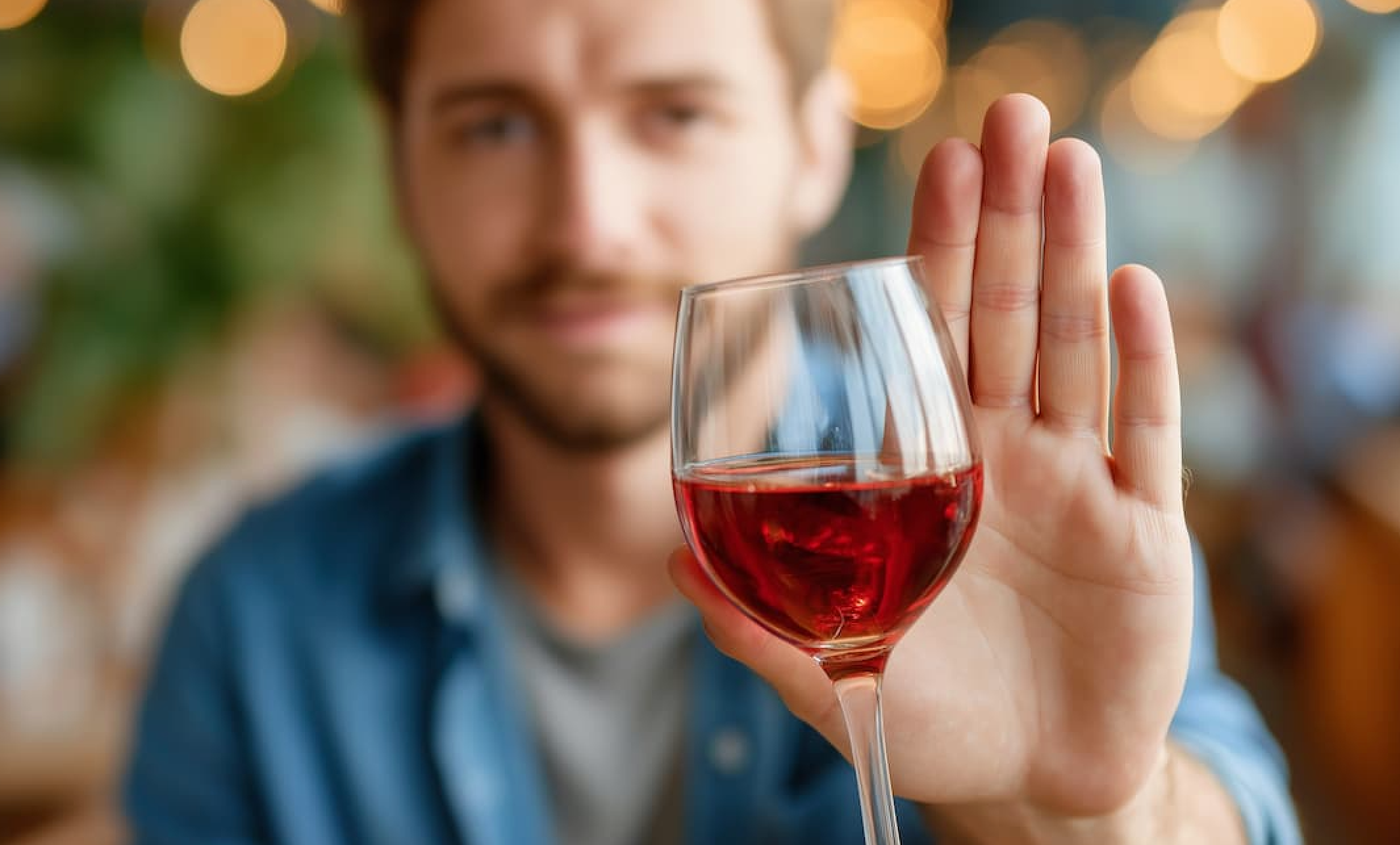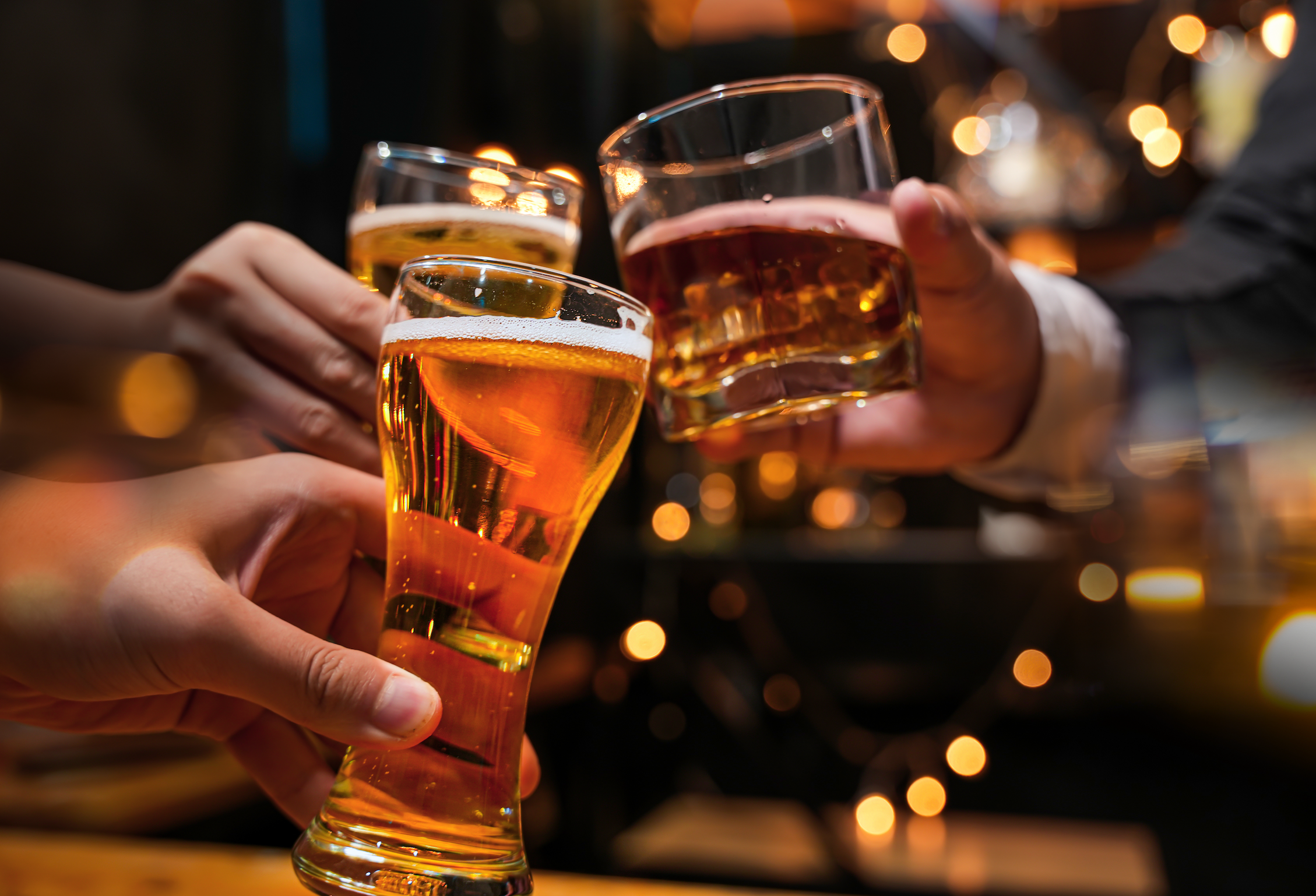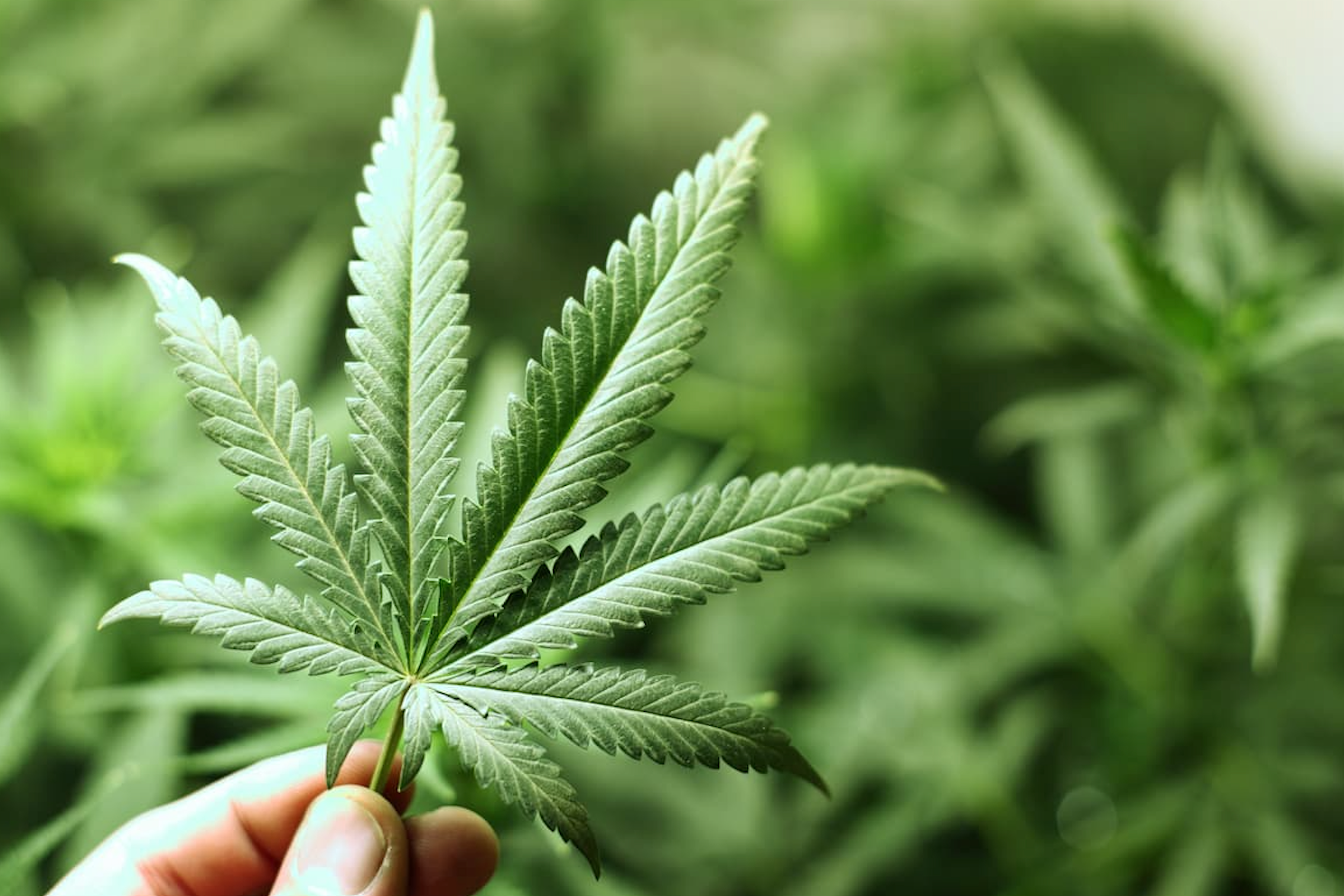
Why Alcohol Addiction Isn’t Just About Willpower, With Joseph Volpicelli, M.D., Ph.D.
Alcohol addiction is a medical condition — and with tools like naltrexone and strong support systems, recovery is more achievable than ever.
By
Lana Pine| Published on August 7, 2025
3 min read
Joseph Volpicelli, M.D., Ph.D., executive director of the Institute of Addiction Medicine, has spent decades helping people overcome alcohol addiction, and he believes strongly that successful treatment goes beyond just taking a pill. While medications like naltrexone can be incredibly helpful, they work best when paired with support — whether that’s therapy, group counseling or a recovery coach. He says that’s because many people feel torn about quitting alcohol. They may want to stop drinking after a bad experience, but then feel tempted again once the weekend rolls around or they’re with friends.
This tug-of-war between logic and emotion is common. As Volpicelli explains, the “logical brain” might say you want to quit drinking for your health and future, but the “emotional brain” can take over in the moment, leading to relapse. That’s where extended-release naltrexone (Vivitrol) comes in. It’s a once-monthly injection that stays in your system for weeks, helping to reduce alcohol cravings and remove the rewarding feeling of drinking. Taking the injection when motivation is high (like on a Monday after a rough weekend) can help you stay on track even when temptation hits later.
Volpicelli also spoke about how attitudes toward alcohol addiction have changed over time. When he started working at the VA in the 1980s, alcohol use disorder was seen as “willful misconduct,” not a medical condition. Treatment was separated from regular health care, and many veterans didn’t get help until their addiction was severe. Today, that’s changing. The VA now screens every patient yearly for alcohol use and offers support and medication as part of regular care.
One big improvement has been educating health care providers on how to talk about alcohol use and prescribe medications like naltrexone. This has helped more people access treatment. Although only about 8% to 15% of those with alcohol addiction are currently receiving medication, that number is growing, and it’s a step in the right direction.
Volpicelli wants people to know that alcohol addiction is not a failure of willpower — it’s a medical condition with real, evidence-based treatments. Tools like Vivitrol can help break the cycle of craving and relapse. With the right support and treatment, recovery is not only possible — it’s within reach.
For more information, visit The Naltrexone Alliance.

